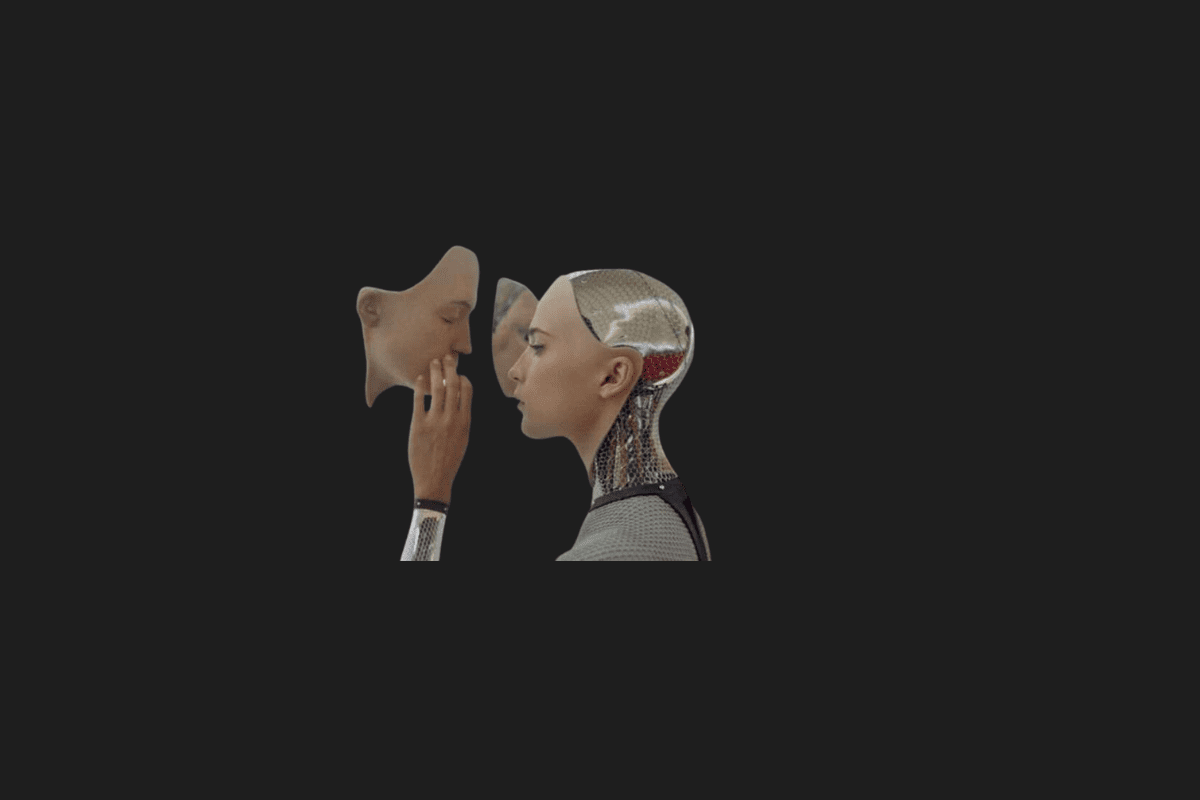The idea that artificial intelligence (AI) can predict the future is nuanced and requires a careful examination of what “predicting the future” really means.
Specific Domains with Quantifiable Data:
In controlled environments with consistent and quantifiable data, AI can make accurate predictions. For example:
Stock prices: While AI can analyze historical data, news, and other indicators, it cannot guarantee future stock movements due to the countless unpredictable factors affecting the stock market.
Weather forecasting: AI can enhance the accuracy of short-term forecasts by analyzing vast datasets, but longer-term forecasts remain inherently uncertain.
Demand forecasting: Retailers use AI to predict how much of a particular product will be sold in the coming days or weeks based on past data.
Pattern Recognition:
One of AI’s strengths is recognizing patterns in large datasets that might be difficult or impossible for humans to discern. This capability can help in making predictions in domains like disease outbreaks, energy consumption, or customer behavior.
No Predictions in Truly Unpredictable Domains:
For events that are inherently random or have too many variables, AI cannot predict outcomes. For example, AI cannot predict natural disasters, geopolitical events, or the specific actions of an individual in all contexts.
Limits to Predictability:
Some systems, like those in economics, biology, and social sciences, are so complex that even if AI can identify patterns, it can’t necessarily predict outcomes with high certainty. This is due to the “butterfly effect” where small changes can have disproportionate impacts.
Ethical and Practical Concerns:
Predicting individual behaviors can raise privacy and ethical issues. For instance, predicting someone’s likelihood to commit a crime based on historical data can lead to biased outcomes and unfair profiling.
Dependence on Quality of Data:
An AI system’s predictive power is heavily reliant on the quality and quantity of the data it’s trained on. If the data is biased, incomplete, or outdated, predictions can be inaccurate or misleading.
In summary, while AI can aid in predicting outcomes in specific domains and under certain conditions, it doesn’t possess a magical ability to foresee the future in a broad sense. The future is influenced by countless variables, many of which are unpredictable or unknowable, making absolute certainty about future events unattainable, even for advanced AI.
